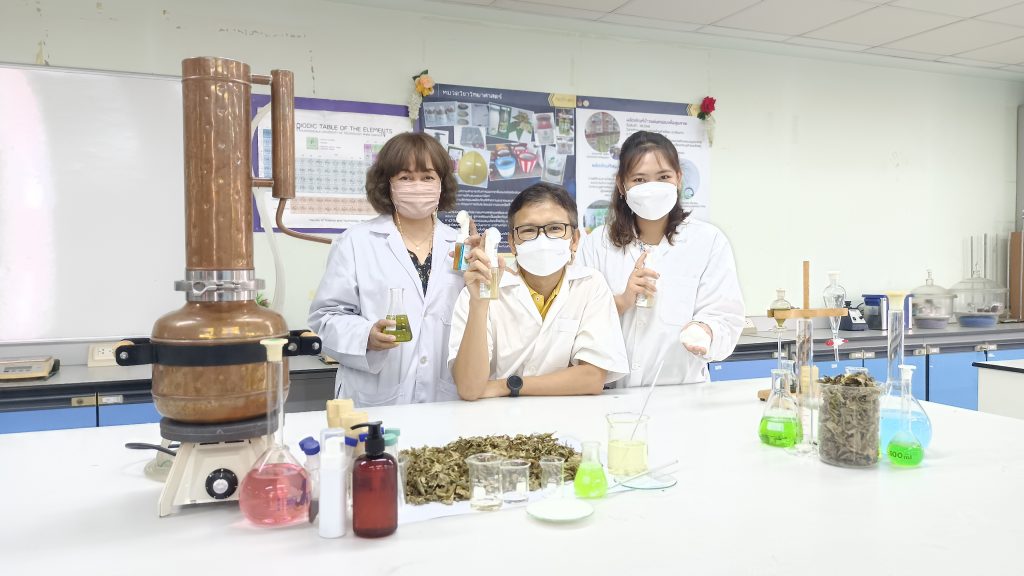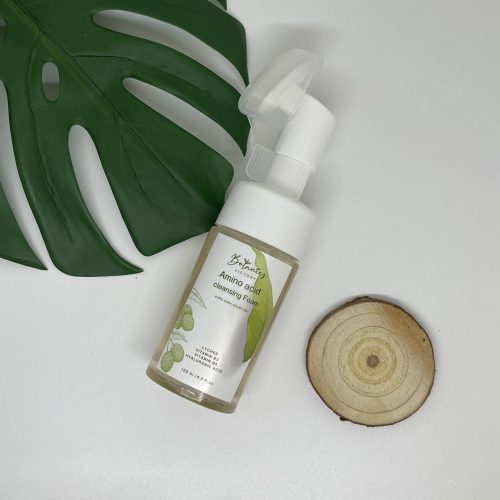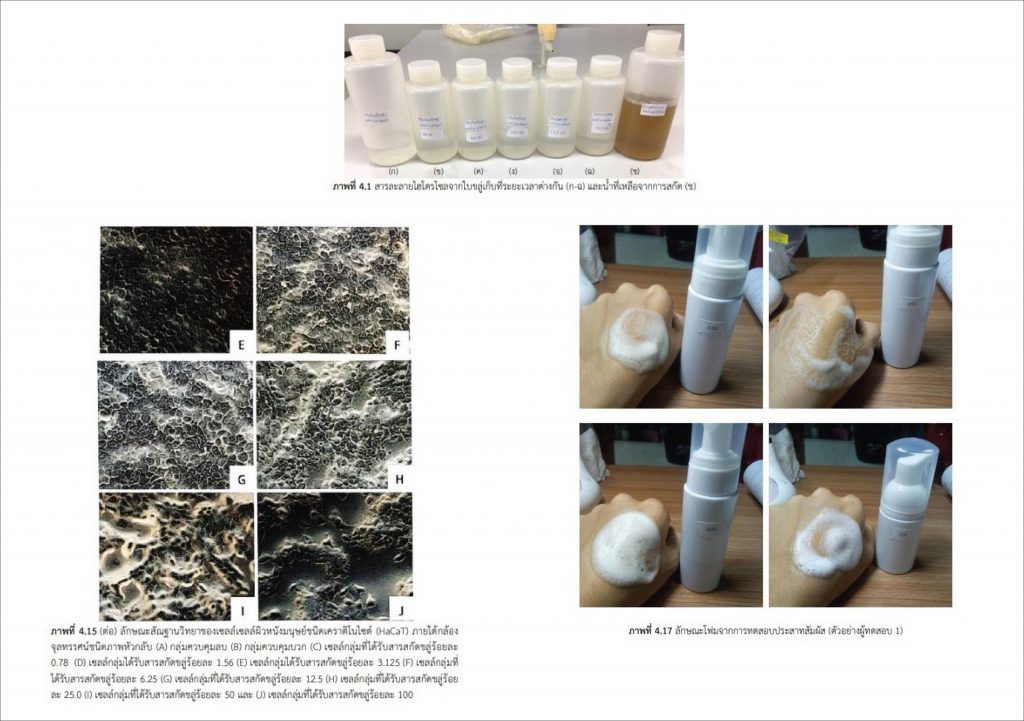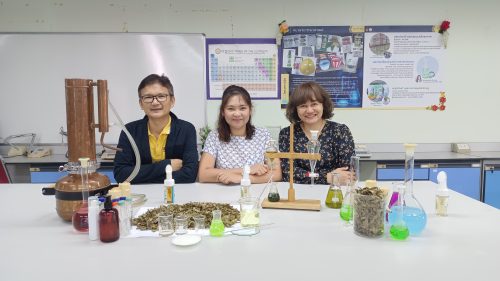Khlu is a plant that resembles a tree. It is a medicinal plant that grows in a variety of environments. Wherever there is a concentration of salt water, whether in the east or near the sea. According to the wisdom of locals in Asia such as India, Malaysia, and Indonesia who use Ayurveda, khlu leaves have long been used to relieve inflammation. The phenolic and flavonoid families of key bioactive components were employed to minimize blister pain and inflammation. Chlorogenic acids and quercetin both have antioxidative and anti-inflammatory properties. There are already various lotions and creams on the market that are made from Klu leaf extracts that are meant to cure new wounds.
According to the phytochemical facts and beneficial properties given above. Researchers from Rajamangala University of Technology Phra Nakhon’s Faculty of Science and Technology, including Asst. Prof. Dr. Worawit Chansuwan, Asst. Prof. Dr. Sirirat Panich, and Achana Khattiyawong, acquired klu extract. Incorporating the benefits of extracts into cosmetic products. A form of washing foam that can relieve skin irritation and eventually become a commercial product, research and innovation supported by the Office of the Science Promotion Commission Science Promotion Fund research and innovation.


The project is led by Prof. Dr. Worawit. Describe how a cosmeceutical substance that follows and constrains may assist in the retention of large numbers. Each group will receive a unique drug that operates in the same way. The investigator provided the informant based on the science of the specific herbal residues from the substances to be avoided and to examine how the Khlu leaves respond. Because it promotes wound healing and lowers inflammation. Dermatitis is an inflammatory skin disorder that can manifest itself in a variety of ways. Atopic dermatitis, seborrheic dermatitis, and contact dermatitis are the most prevalent inflammatory skin conditions. The methanol extract of Klu leaves has strong antioxidant activity, according to the study. It possesses antibacterial concentration action as well.
Assoc. Prof. Dr. Sirirat described the extraction technique for essential oils, which began with the collection of Khlu leaves in Samut Songkhram Province and washing them in clear water. The condensed solution was then removed and collected every 10 minutes using an alimbic steam distillation process. The total phenolic compounds were then analyzed. Water, commonly known as hydrosol, has been employed in essential oil extraction at various times.
The researchers discovered that extracts of klu leaves had a pleasing aroma. When compared to standardized Ascorbic Acid eq/g sample, the essential oil extract had the highest antioxidant activity at 0.060.003. WST-1 test of keratinocyte type (HaCaT) at 8 concentrations for 24 hours.
Cleaning foam generated from Klu leaf extracts was shown to be non-toxic, with no morphological changes observed in human skin cells in vitro. Finally, 30 testers assessed the sensory acceptability of face foam product formulations, revealing that facial foam product features were utilized to determine acceptance, overall preference, and moderate satisfaction. Consider the cleaning efficacy, color, aroma, bubbles, and moisture after washing your face. Because there is no oil component in any form, essential oil extracted from klu leaves is used in the production of goods that can relieve skin inflammation without causing irritation. “The development of cosmeceutical products has the potential to significantly improve Thailand’s traditional herbal cosmetics’ competitiveness.” It is now being developed into a cleaning foam product. This study is another example of research development in health promotion and anti-aging under the license of Kirati Company Limited, and it will complement the new disciplines of the Faculty of Science and Technology. Health Sciences Cosmetics and anti-aging, which is anticipated to launch for new students in the forthcoming academic year 2023. Those interested in the product can contact Prof. Dr. Worawit at 084 667 3969 or Asst. Prof. Dr. Sirirat at 092 623 9865 or visit the Facebook page Health Technology Program Cosmetics and anti-aging.” Assist. Prof. Dr. Sirirat said.


